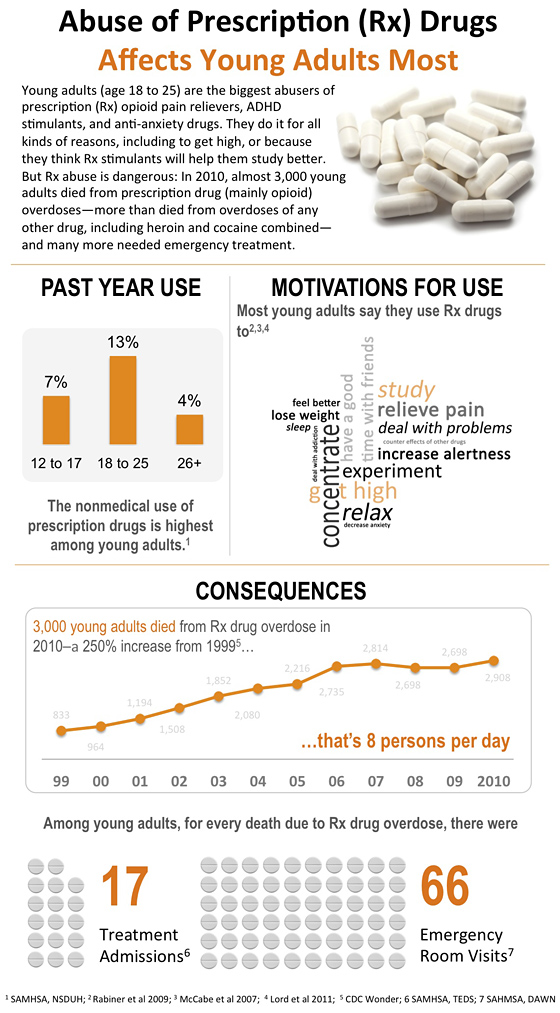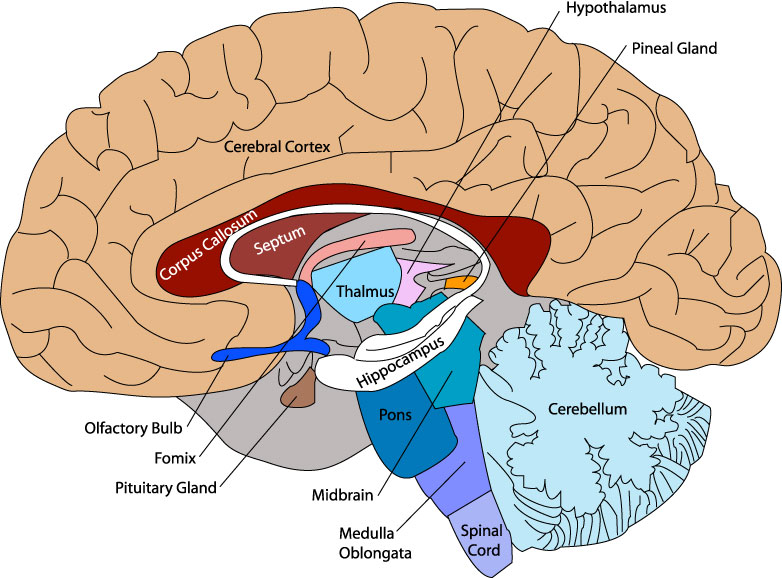Prescription drug use among college students was almost unheard of years ago. The only requirement parents expected from their children was to go to school, get good grades and stay out of trouble. So, what’s changed, and why are so many 18 to 25 year old students abusing prescription drugs?
Students have gone from taking sleeping pills, to taking over the counter and prescription drugs. Prescription drug abuse is on the rise, and more and more college students are being affected.
Why do teens use prescription drugs?
Prescription drugs are often abused by college students because they’re easy to get from friends. They take them for a variety of reasons, often because they think the drugs will help them study or get better grades, but many times they simply want to get high. Many students use drugs to keep them awake to study, finish papers and take exams.
Other reasons include:
- Deal with pain and problems
- Concentrate
- Lose weight
- Relax
- Experiment
What most young adults don’t realize is that prescription drug use can lead to allergic reactions and sometimes addiction.
Approximately 5 to 35 percent of college students misuse stimulants to keep grades up. Even drinking too many energy drinks can lead to anxiety, increased heart rate, and high blood pressure.
As the infographic below shows, nearly 3,000 young adults overdosed on prescription meds and died in 2010 alone.

When you have children in high school or college, look for signs that can signal drug or alcohol problems. Changes in appetite and sleep patterns can be signs. Slurred speech, problems with coordination, and a drop in attending classes along with poor grades spells trouble. Don’t ignore these signs.
A change in friends, hobbies, or how they spend free time can be additional signs of a problem. Bloodshot eyes or a glassy, spaced out look with severe changes in mood from angry to pleasant signals possible substance abuse.
If you think your child might have a problem, talk with them about it. Get help by consulting a doctor, clergy member, or even a social worker.
The infographic above can be seen in in full at DrugAbuse.Gov
For more information on prescription drug abuse or if you or someone you know needs help, call (800) 444-1838.




